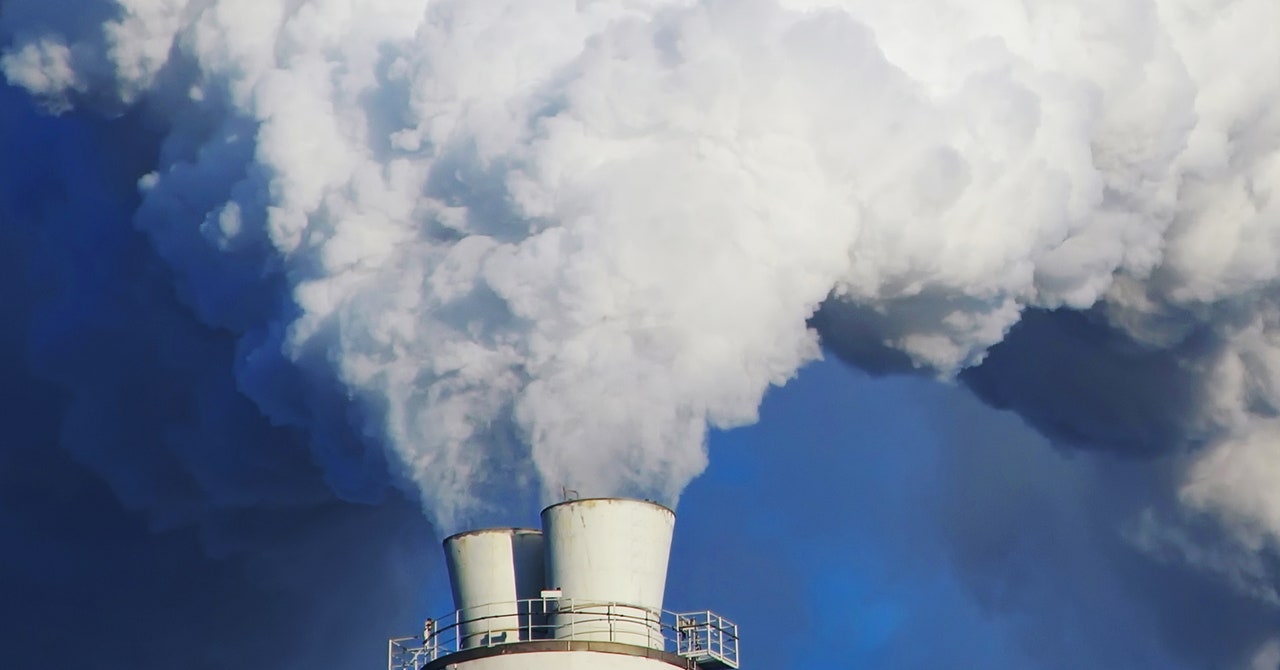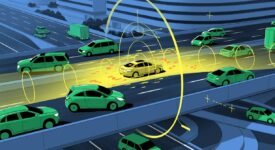
After mapping comes planning. Sustainability professionals, warehouse managers, CFOs, or whoever uses the platform are given a to-do list for decarbonization. “It explains specifically what kind of materials you need to switch to, what stakeholders you need to involve, and who is responsible for this decarbonization activity,” Jordanova says. The science-based approach to analyzing company data and setting targets is particularly important to Jordanova. Reducing emissions takes precedence over offsetting, although companies still have the option to purchase schemes to balance out unavoidable emissions, as is common in industry.
The next step is reporting: important for investors, business partners, and increasingly for consumers and regulators too. The platform generates automated reports on a company’s environmental, social, and governance (ESG) impacts, which are roughly divided into three groups: Scope 1 are direct emissions from resources owned and controlled by the company; Scope 2 are indirect emissions from purchased energy, such as electricity, heating, or cooling. Companies around the world must report these according to the standardized Greenhouse Gas Protocol. And they can do even more if they want to: Emissions from the value chain, or Scope 3, for which companies are indirectly responsible, are often the biggest sticking point in decarbonization.
Let’s return to the example of BMW. The group already buys electricity from renewable sources for its plants—there are even four wind turbines on its site in Leipzig. But what happens before and after production is also crucial. For example, around 70 percent of current emissions occur once the cars and motorbikes are being driven by their new owners. The switch to all-electric vehicles brings BMW closer to its goal of reducing the overall carbon footprint of its vehicles by at least 40 percent by 2030 compared to 2019. To do this, it must also deal with how lithium, cobalt, and other metals in its batteries are mined, processed, and ultimately recycled. “If you take a company like BMW, you’re talking about a vast, transformational challenge that is related to engaging not only your internal entities, but your suppliers,” says Jordanova.
In October 2022, Plan A introduced a module that also allows companies to track emissions along the value chain (Scope 3). Specifically, this means that third parties such as suppliers or logistics partners are invited to feed their data into the platform. “This creates network effects for the whole decarbonization assessment,” says Jordanova.
For companies to avoid greenwashing, it is important that they disclose all areas of emissions in their reports. Otherwise, their goal of achieving net-zero emissions may look good on paper but bad in practice—and well-meaning investors, partners, and consumers could be misled. ESG reporting has become even more important in recent months as regulators in Europe and the US are cracking down on greenwashing, causing companies to shy away from big decarbonization announcements, Jordanova says. “All these net-zero targets are meaningless if we don’t really understand what it takes to achieve them,” she says.
On November 2, 2022, Lubomila Jordanova will be speaking at WIRED Impact, Europe’s leading one-day event examining the fast-changing world of sustainability and ESG. Find out more and book your ticket here.
This article appears in the January/February 2023 issue of WIRED UK magazine.


